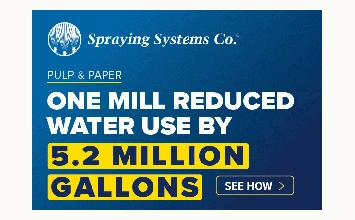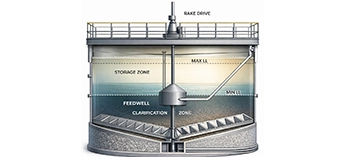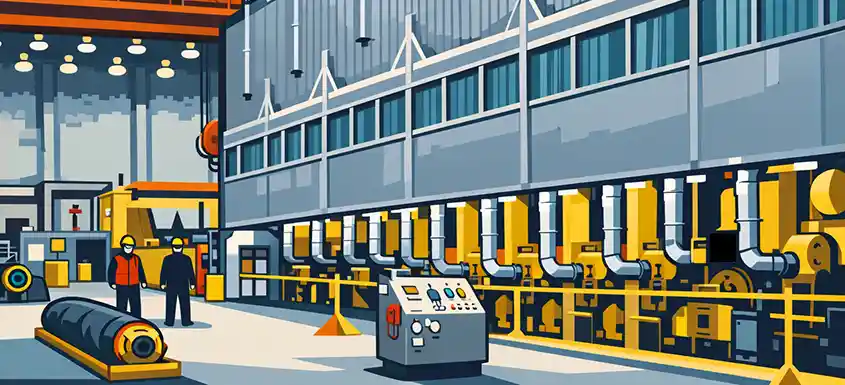On October 20, 2025, the European Commission unveiled targeted measures to ensure the smooth and timely implementation of the EU Deforestation Regulation (EUDR).
The proposal responds to stakeholder feedback and addresses concerns regarding the projected load on the IT system, which was anticipated to be “much higher than expected.”
The Commission’s proposal simplifies reporting obligations while maintaining the regulation’s core ambition of curbing global deforestation linked to EU consumption.
Significant Simplifications for Operators
The proposal introduces key simplifications for supply chain actors, including:
- Downstream Operators Exempted: Retailers and large EU manufacturers will no longer be obliged to submit Due Diligence Statements (DDS). Instead, only the operator placing a product on the EU market will need to submit a single due diligence statement for the entire supply chain.
- Simplified Declaration for Small Operators: Micro and small primary operators from low-risk countries—who represent nearly 100% of EU farmers and foresters—will now only need to submit a simple one-off declaration in the IT system, eliminating the need for regular due diligence submissions.
These changes are designed to reduce the administrative burden and make compliance more efficient, while maintaining traceability across the supply chain.
Implementation Timelines Adjusted
To facilitate a gradual transition and allow time to strengthen the IT infrastructure, the Commission has proposed adjusted timelines:
- Micro and Small Enterprises: The regulation will now be applicable from 30 December 2026, a one-year delay to provide more time for smaller operators to comply.
- Large and Medium Enterprises: The application date remains 30 December 2025, but these companies will benefit from a six-month grace period for checks and enforcement, ensuring a smooth transition.
“This approach provides certainty and stability, streamlining the tracking process for micro and small producers,” said Teresa Ribera, Executive Vice-President for Clean, Just and Competitive Transition.
A Key Tool for Climate and Biodiversity
The EUDR aims to address the deforestation and forest degradation linked to the EU market, which contribute significantly to climate change and biodiversity loss. According to the UN Food and Agriculture Organization (FAO), 420 million hectares of forest—an area larger than the EU—were lost to deforestation between 1990 and 2020.
The Commission calls on the European Parliament and the Council to swiftly adopt these amendments to ensure the regulation can be effectively implemented by the end of 2025.
Next Steps
Following today’s proposal, the European Parliament and the Council will discuss and vote on the amendments. If adopted, the EUDR will contribute significantly to the EU’s role in the global fight against deforestation, fostering a circular economy for products traded globally.
About the EU Deforestation Regulation
The EU Deforestation Regulation (EUDR) aims to ensure that specific products placed on the EU market, such as cocoa, coffee, palm oil, and timber, do not contribute to deforestation or forest degradation worldwide. By doing so, the EUDR directly supports the EU’s efforts to combat climate change and preserve biodiversity.
























































